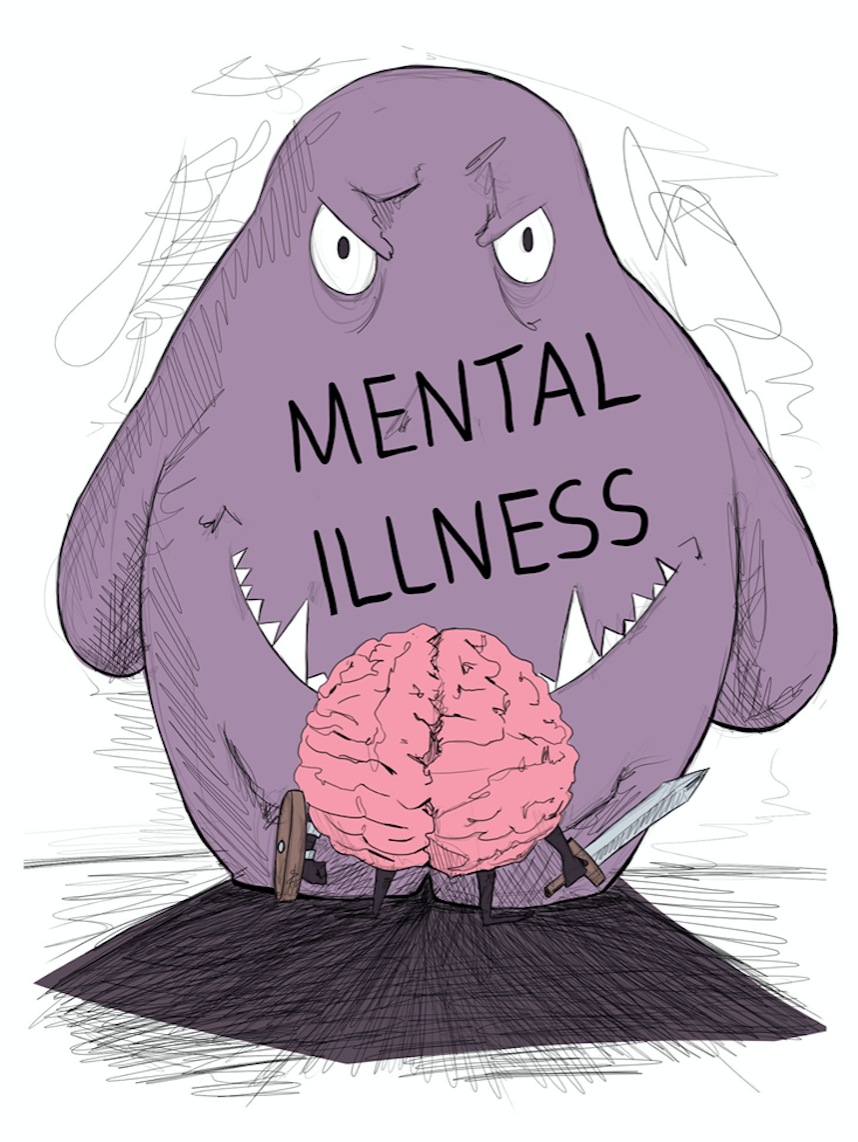I went to my first psychiatry appointment the morning after I spent the night in jail for driving intoxicated. That was the first step in a long journey of my ongoing recovery. Most, if not all, of that recovery is centered around how I cope with the mental illnesses that both initiated and perpetuated my substance abuse.
That’s hard work.
After that first psychiatry appointment, I was prescribed an antidepressant and a sleeping pill. I take one every morning and every night, respectively. That’s easy enough.
I didn’t get better after a month of taking the medications as prescribed. Sure, I was finally sleeping through the night without waking in a panic attack, but depression and anxiety still clouded my thinking on a daily basis. For the sake of transparency, no, I wasn’t staying completely sober either.
Real progress didn’t start to happen until I began working with an excellent therapist. It feels incredible to unload all of my troubles onto an
external entity. After every session, I feel as though my mind and spirit have been relieved. But, that relief is always short-lived.
What I failed to do, in those first few months of therapy, was employ the strategies my therapist tried to teach me. If I’m feeling particularly down one day, write out five things that made me happy that day. If I’m feeling overwhelmed, go for a run. If I’m feeling like a failure, accomplish one small task.
I failed to realize that strengthening the mind is akin to strengthening the body. Rewiring one’s mind to think differently is incredibly challenging work that requires discipline.
An amateur runner can’t run a marathon after the first day of training. An individual with a mental illness can’t recover after the first appointment.
I had to take the time out of each day to practice what my therapist taught me.
My experience with Alcoholics Anonymous paints an even clearer picture of this notion. Battling addiction is by far the most difficult, painful and rewarding experience of my life.
Old-timers would tell me to go to 90 meetings in 90 days. Once I’m comfortable, force myself to share at every meeting. Get a sponsor and work with him. Write down every wrong I’ve ever done. Talk through that list with someone. Identify my character flaws, realize when they manifest and try to correct them.
Honestly and thoroughly evaluating my moral catalogue is not a fun task. Looking in the mirror and acknowledging my shortcomings is grueling work, but that’s when I started to see change.
I decided to stop waiting to be happy. I realized that my thinking — my depression, anxiety, addiction — is where the problem lies. Correcting that thinking is ongoing work. A runner doesn’t continue to run marathons when training stops. A mental illness doesn’t stay dormant when mental work stops.
This doesn’t apply to all cases. For some, taking a pill in the morning will suffice. But for myself and many others, treating mental illnesses takes hard work and discipline.
James Smith is a 21-year-old mass communication senior from Grand Coteau, Louisiana.
Opinion: Mental health recovery often over simplified, requires discipline
By James Smith
October 11, 2018
mentalhealth





